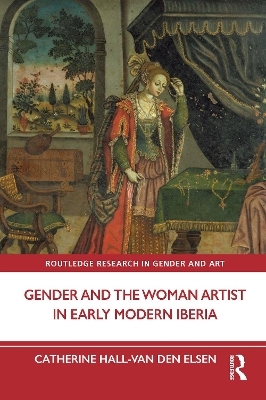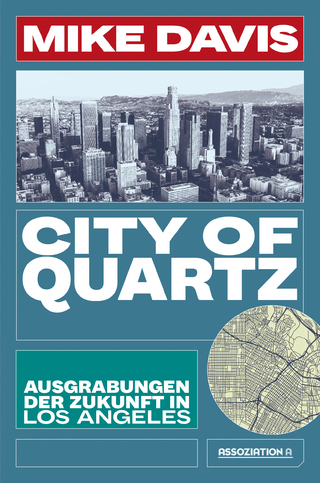
Gender and the Woman Artist in Early Modern Iberia
Seiten
2024
Routledge (Verlag)
978-1-032-28348-7 (ISBN)
Routledge (Verlag)
978-1-032-28348-7 (ISBN)
This monograph explores the social constructs surrounding artistic production in early modern Iberia through the lenses of gender and class by examining the rarely-considered contribution of creative women in Spain and Portugal between 1550 and 1700.
This monograph explores the social constructs surrounding artistic production in early modern Iberia through the lenses of gender and class by examining the rarely considered contribution of creative women in Spain and Portugal between 1550 and 1700.
Using the life-stage framework popular in texts of the period and drawing on a broad spectrum of materials including conduct guidebooks, treatises and conventual rules, this book examines the constraints imposed by gender-related social structures through microhistories of nuns, married, and unmarried women. The text spans class boundaries in its analysis of the work of painters, engravers, and sculptors, many of whom have until now eluded scholarly attention in English-language publications. An extensive bibliography promotes new avenues of inquiry into women’s contributions to the visual arts of the period.
This book will be of interest to scholars working in art history, gender studies, women’s history, early modern Iberian studies, and Renaissance studies.
This monograph explores the social constructs surrounding artistic production in early modern Iberia through the lenses of gender and class by examining the rarely considered contribution of creative women in Spain and Portugal between 1550 and 1700.
Using the life-stage framework popular in texts of the period and drawing on a broad spectrum of materials including conduct guidebooks, treatises and conventual rules, this book examines the constraints imposed by gender-related social structures through microhistories of nuns, married, and unmarried women. The text spans class boundaries in its analysis of the work of painters, engravers, and sculptors, many of whom have until now eluded scholarly attention in English-language publications. An extensive bibliography promotes new avenues of inquiry into women’s contributions to the visual arts of the period.
This book will be of interest to scholars working in art history, gender studies, women’s history, early modern Iberian studies, and Renaissance studies.
Catherine Hall-van den Elsen, Ph.D., has a long-standing interest in the lives of the women of early modern Spain and Portugal. In 2018, she published a monograph in Spanish on the sculptor Luisa Roldán, in 2020, an annotated bibliography for the Oxford Bibliographies series, and in 2021, the monograph Luisa Roldán for an English-speaking audience.
1. Introduction: Early Modern Iberia: Gender and the Woman Artist 2. Women’s Lives. Social and Political Contexts 3. The Unmarried Woman as Artist 4. The Married Woman as Artist 5. The Nun as Artist 6. Conclusions: The Challenges Facing Women Artists
| Erscheinungsdatum | 02.02.2024 |
|---|---|
| Reihe/Serie | Routledge Research in Gender and Art |
| Zusatzinfo | 1 Tables, black and white; 15 Halftones, color; 38 Halftones, black and white; 15 Illustrations, color; 38 Illustrations, black and white |
| Verlagsort | London |
| Sprache | englisch |
| Maße | 174 x 246 mm |
| Gewicht | 557 g |
| Themenwelt | Kunst / Musik / Theater ► Kunstgeschichte / Kunststile |
| Kunst / Musik / Theater ► Malerei / Plastik | |
| Sozialwissenschaften ► Soziologie ► Spezielle Soziologien | |
| ISBN-10 | 1-032-28348-3 / 1032283483 |
| ISBN-13 | 978-1-032-28348-7 / 9781032283487 |
| Zustand | Neuware |
| Informationen gemäß Produktsicherheitsverordnung (GPSR) | |
| Haben Sie eine Frage zum Produkt? |
Mehr entdecken
aus dem Bereich
aus dem Bereich
eine Einführung
Buch | Softcover (2024)
De Gruyter Oldenbourg (Verlag)
29,95 €
Ausgrabungen der Zukunft in Los Angeles
Buch | Softcover (2023)
Assoziation A (Verlag)
24,00 €


